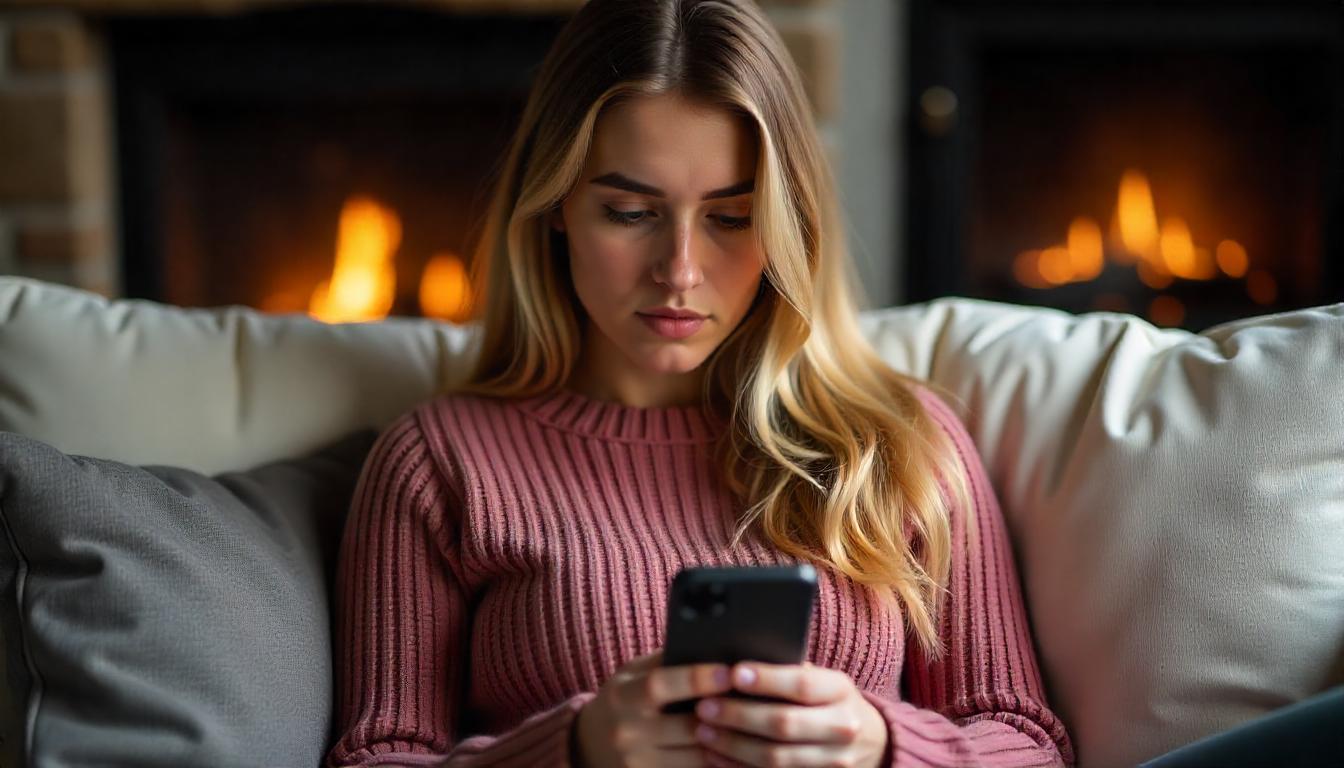What you need to know if you're new to the queer dating scene

If you are new to the lesbian or bisexual dating scene, it can be quite overwhelming to find your place. Maybe you don’t know exactly how to profile yourself yet or you feel unsure of what to expect. The good news is that you’re not the only one, and there are many ways to find your way in this. This blog is written just for you, to help you boost your confidence and get the most out of your dating experience.
Embrace your identity, but don't feel pressure to know everything right away
Discovering your sexual orientation can be a process, and so is how you present yourself in the dating scene. It’s okay if you don’t know all the labels or don’t feel completely comfortable with your identity yet. You don’t have to be a super confident lesbian or bisexual woman to start dating. Be patient with yourself and give yourself time to grow in this.
Start small with online dating platforms
Online dating can be an excellent way to take your first steps into the queer community. Platforms aimed specifically at lesbian and bisexual women, such as Lisa loves Lois, offer a safe environment to experiment and meet people. You can start chatting before you decide to date, which lowers the pressure to go on dates right away. Be honest about your expectations. If you are looking for friendship or something casual, communicate this clearly. This will prevent misunderstandings and help you find like-minded people.
Get to know the culture but always remain yourself
Just like in any other community, the queer community has its own culture and unwritten rules. This can seem intimidating, especially if you feel like you don’t know the “etiquette” yet. Things like terms and subcultures (e.g., butch, femme, non-binary) can be overwhelming at first, but remember that you don’t have to know everything right away.
It’s important to stay authentic and know that you don’t have to conform to certain stereotypes to “belong.” The best thing you can do is stay true to yourself, whether you are super confident or just still exploring. People appreciate authenticity!
Maintain a healthy balance between boundaries and openness
Being new to the queer dating scene often means that you will have new experiences and meet new people. This can be exciting, but it’s also important to know your limits. Be open to new possibilities, but don’t feel obligated to try everything that comes your way. Always communicate clearly to the other person. Whether it’s physical boundaries, emotional expectations or your need for time to yourself, communication is key. People in the queer community are generally very conscious of consent and respect, so don’t be afraid to indicate what works or doesn’t work for you.
Boost your self-confidence
Dating in a new community can feel like entering unfamiliar territory. Give yourself time to become comfortable with the process. You may have some tense first dates or uncomfortable conversations, but that’s perfectly normal. The more experience you gain, the more confident you will become in connecting with others.
Be patient with love and yourself
It can be tempting to go for the perfect relationship right away, but love takes time. Especially if you’re just starting to date in the lesbian or bisexual community, it’s important not to put too much pressure on yourself. Finding a good match is a process, and along the way you’ll learn a lot about yourself and what you’re looking for in a partner. Also, accept that dating is not always fun. Not every date will be a success, and that’s totally okay. Every experience brings you another step closer to what you’re really looking for.
Create a support network
Surround yourself with people who support and understand you. These can be friends who are also queer, or a broader LGBTQ+ community. Having a network can help you feel safe and confident while exploring.
Take your time and don't be afraid to make mistakes
Being new to a dating scene often means encountering some bumps along the way. You might say something uncomfortable, go on a date that doesn’t feel right, or unintentionally make a bad joke. This is all part of it. The important thing is that you learn and grow from each experience. It does not have to be perfect and from every date you take back a piece of knowledge about yourself and what exactly you are looking for in someone and what not. See it as a beautiful journey in which you discover yourself and get to know yourself better in the field of love and above all do not be in a hurry. The right person will cross your path!





